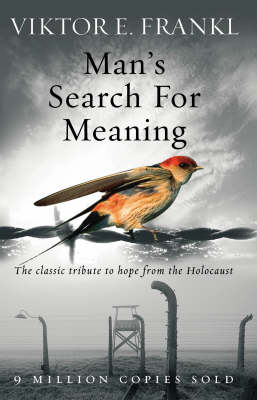*is a lean, mean, problem-solving machine. Faced with a personal problem, a man will use his analytical brain structures, not his emotional ones, to find a solution.
*thrives under competition, instinctively plays rough and is obsessed with rank and hierarchy.
*has an area for sexual pursuit that is 2.5 times larger than the female brain, consuming him with sexual fantasies about female body parts.
*experiences such a massive increase in testosterone at puberty that he perceive others' faces to be more aggressive.
The Male Brain finally overturns the stereotypes. Impeccably researched and at the cutting edge of scientific knowledge, this is a book that every man, and especially every woman bedeviled by a man, will need to own."
Loaned to my by Jim, my Father in law, who is a counsellor and Psychologist, this is a compulsively readable breakdown of what's going on inside Men's heads through their lives, from childhood to old age, and how the competing biological drives and hormones their bodies release.
It's endlessly fascinating, both as an insight into typical human development, and for the knowledge it contains. Facts about every aspect of the brain are astonishing anyway, and to see them explain and predict the conscious and unconscious desires and demands of a person is incredibly interesting.
The mix of science and anecdotal experience is jarring, however, and the constant use of Male friends or clients of the author and their actions that provide examples and evidence to back up her claims is unnecessary. I trust that the author knows what she's discussing, and her use of case studies I can't study doesn't make it more readable or reliable.
But this is probably brilliant if you have a male child; I would certainly say it's provided insight into my own thoughts and actions, and stuff I can always use to prove JJ wrong. So that's good, anyway.
Also Try:
Louann Brizendine, The Female Brain
It's endlessly fascinating, both as an insight into typical human development, and for the knowledge it contains. Facts about every aspect of the brain are astonishing anyway, and to see them explain and predict the conscious and unconscious desires and demands of a person is incredibly interesting.
The mix of science and anecdotal experience is jarring, however, and the constant use of Male friends or clients of the author and their actions that provide examples and evidence to back up her claims is unnecessary. I trust that the author knows what she's discussing, and her use of case studies I can't study doesn't make it more readable or reliable.
But this is probably brilliant if you have a male child; I would certainly say it's provided insight into my own thoughts and actions, and stuff I can always use to prove JJ wrong. So that's good, anyway.
Also Try:
Louann Brizendine, The Female Brain


